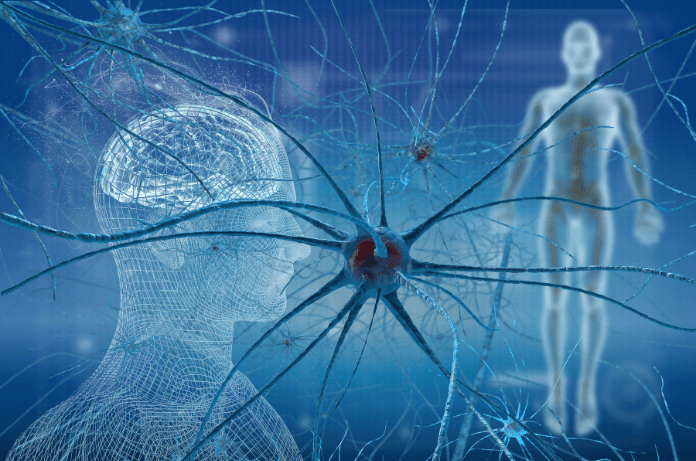The global obesity epidemic poses a major health challenge, affecting millions and increasing the risk of life-altering conditions like diabetes and cardiovascular disease. Amid this crisis, researchers at University of Montreal’s affiliated hospital research center (CRCHUM) are exploring an innovative approach. Strategy to modulating brain molecules known as endocannabinoids to control food intake and energy expenditure. Could this strategy revolutionize the fight against obesity?
A recent study published in Nature Communications unveils how manipulating the enzyme ABHD6 in the brain could significantly influence body weight and energy levels. This research is the latest achievement of Dr. Stephanie Fulton and her team, who have been delving into the intricate links between the human nervous system, metabolism, and behavior.
Decoding the Brain’s Role in Weight Regulation
The nucleus accumbens, a region of the brain associated with reward processing and motivation, has emerged as a focal point in this research. Rich in endocannabinoids, this brain area plays a critical role in regulating food rewards and physical activity. The enzyme ABHD6 degrades a crucial endocannabinoid molecule known as 2-arachidonoylglycerol (2-AG). Understanding how this process affects body weight has been a priority for researchers.
“We expected that increasing 2-AG levels would stimulate food intake by increasing cannabinoid signaling,” explained Dr. Fulton. “But paradoxically, when we deleted the gene encoding ABHD6 in the nucleus accumbens of mice, they showed less motivation for food and a greater interest in physical activity.”
This surprising result indicates that suppressing ABHD6 in this specific brain region can lead to positive behavioral changes. Mice with the inhibited enzyme chose to spend more time on a running wheel, in stark contrast to the control group, which became obese and lethargic.
A Targeted Approach to Weight Control
The ability to pinpoint and influence specific neuronal pathways in the brain is a critical development in obesity research. Dr. Fulton’s team demonstrated that injecting a targeted ABHD6 inhibitor directly into the brains of mice protected them entirely from weight gain and obesity, even when consuming a high-fat diet. This highlights the potential of such interventions to manage obesity in humans.
However, the research also underscores the complexity of the brain’s role in weight regulation. In 2016, Dr. Fulton and her colleague Dr. Thierry Alquier found that blocking ABHD6 in certain hypothalamic neurons made mice resistant to weight loss. These contrasting effects emphasize the importance of understanding how ABHD6 functions in different brain regions.
Safety Without Compromise
Anxiety and depression have often accompanied previous attempts to target the brain’s cannabinoid system for weight loss. For instance, Rimonabant, a drug designed to inhibit cannabinoid receptors, was withdrawn in the late 2000s due to severe side effects, including depression and suicidal tendencies.
Fortunately, the current study found no signs of anxiety or depressive behavior in mice treated with ABHD6 inhibitors. This outcome underscores the promise of this approach as a safer alternative to past treatments.
The Road Ahead
The findings of this study offer hope for developing therapies to tackle obesity and related metabolic disorders, such as type 2 diabetes. While ABHD6 drug inhibitors are already being screened, it remains to be seen whether these mechanisms observed in mice will translate to humans.
The study, titled “ABHD6 loss-of-function in mesoaccumbens postsynaptic but not presynaptic neurons prevents diet-induced obesity in male mice,” was led by first co-authors David Lau, a doctoral student, and Stephanie Tobin, a former postdoctoral fellow, under the supervision of Dr. Fulton. This research was supported by funding from the Canadian Institutes of Health, the Montreal Diabetes Research Center, Diabetes Québec, and the Fonds de recherche du Québec.
Towards a Healthier Future
Dr. Fulton’s research sheds light on the intricate interplay between the brain, metabolism, and behavior, paving the way for innovative obesity treatments. By targeting specific enzymes like ABHD6, scientists are uncovering new paths to combat weight gain without compromising mental health.
As the scientific community continues to explore these promising findings, one question remains: will this breakthrough in mice lead to a sustainable solution for humans battling obesity? If successful, this research could mark a transformative step in addressing one of the most pressing health issues in the new age.

